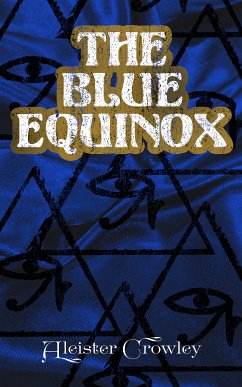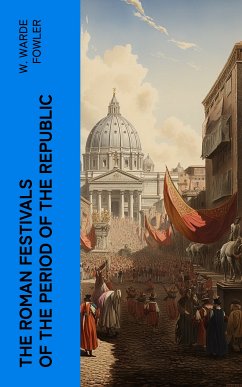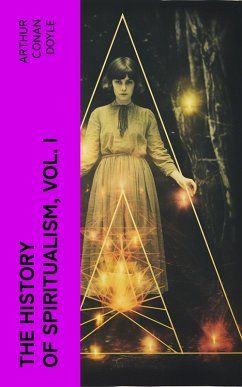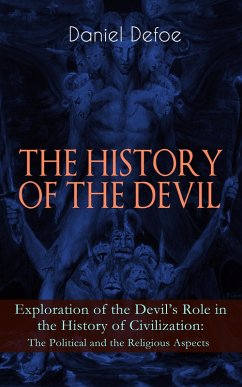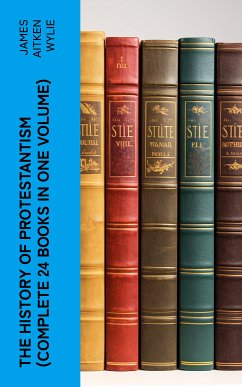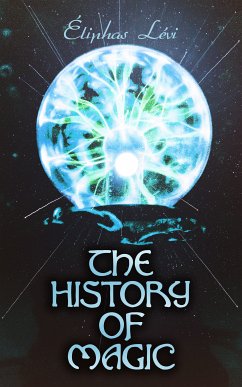
A History of the Moravian Church (eBook, ePUB)
Versandkostenfrei!
Sofort per Download lieferbar
1,99 €
inkl. MwSt.
Weitere Ausgaben:

PAYBACK Punkte
0 °P sammeln!
Moravian Church was the first protestant church in the world, preceding the revolution of Martin Luther by 50 years. J. E. Hutton's history follows the Moravian Church from its earliest years over the centuries as it developed into a mature Christian fellowship. Arranged chronologically, Hutton's history takes us first to the dawn of the Protestant Reformation in the fifteenth century, describes the political climate of Bohemia and the difficult relations with the Church of Rome. The author also gives an analysis of tools, methods, and key ideas which helped the Moravian church inspire other p...
Moravian Church was the first protestant church in the world, preceding the revolution of Martin Luther by 50 years. J. E. Hutton's history follows the Moravian Church from its earliest years over the centuries as it developed into a mature Christian fellowship. Arranged chronologically, Hutton's history takes us first to the dawn of the Protestant Reformation in the fifteenth century, describes the political climate of Bohemia and the difficult relations with the Church of Rome. The author also gives an analysis of tools, methods, and key ideas which helped the Moravian church inspire other protestant movements around the world.
Dieser Download kann aus rechtlichen Gründen nur mit Rechnungsadresse in A, B, BG, CY, CZ, D, DK, EW, E, FIN, F, GR, H, IRL, I, LT, L, LR, M, NL, PL, P, R, S, SLO, SK ausgeliefert werden.




